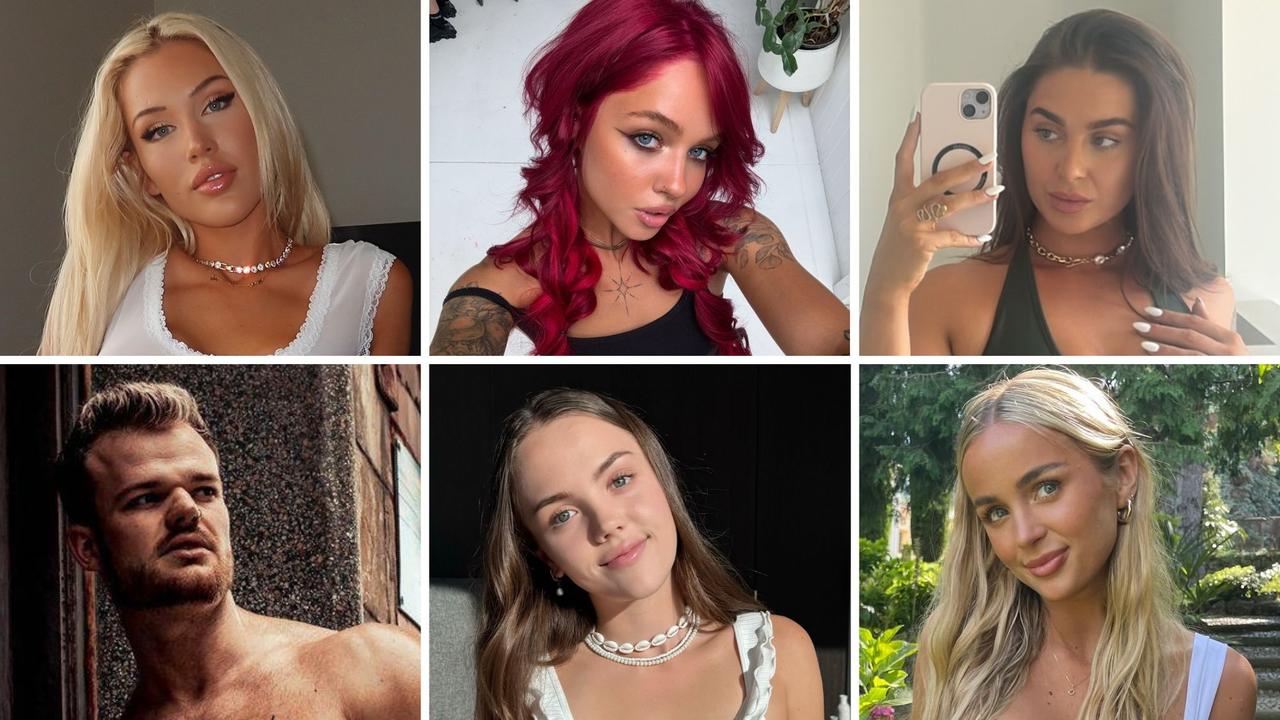‘Why I’ve never had a boyfriend at 31’
While others I went to school with post updates of their weddings and having children, I still have not had a boyfriend at the age of 31. Here is why.
Lifestyle
Don't miss out on the headlines from Lifestyle. Followed categories will be added to My News.
COMMENT
My life has always been marked by a strange duality.
I was Dux of my high school, but I had no best friend to trade secrets and friendship bracelets with.
I graduated with a double-degree, but I couldn’t make eye contact with the cute guys in my classes.
I work professionally and was headhunted for a PhD scholarship, but at age 31 I’ve still never had a boyfriend.
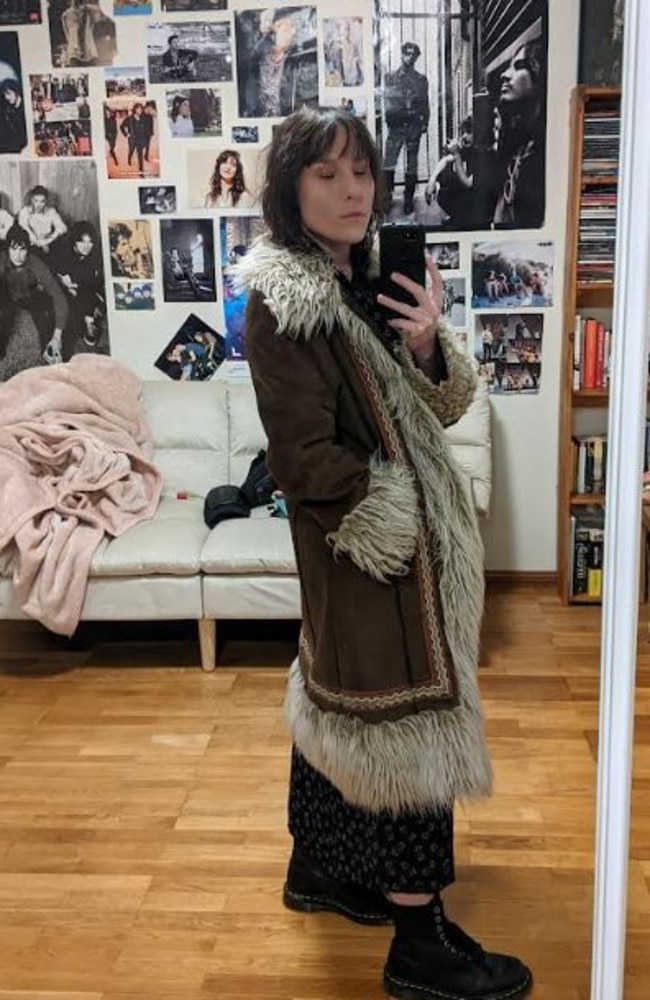
The shame of my difference was all-consuming until I was diagnosed as autistic at age 28.
Finally, my life made sense: my sensory quirks, mental health struggles, and especially my “social awkwardness”.
For many women like me, an autism diagnosis comes later in life – if we’re ever diagnosed at all.
According to recent research, nearly 80% of autistic females remain undiagnosed at age 18.
For a long time, autism was considered a “male” condition, with four times as many boys diagnosed as girls.
Now, though, experts are realising that autism is much more common in girls and women than previously thought.
Still, the diagnostic criteria for autism remains male-centric, meaning girls and women often remain undiagnosed and unsupported.
Yet even with a diagnosis, autistic women often face barriers receiving appropriate support.
Take, for example, my experience with the National Disability Insurance Scheme (NDIS).
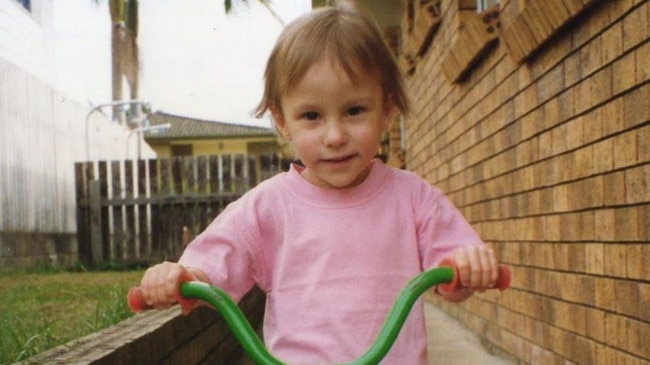
According to the NDIS, the scheme prioritises participant “choice and control” and supports that are “reasonable and necessary” to improve disabled people’s quality of life, independence, and social skills.
Applying to the NDIS, I was hopeful I’d finally get some help – support I need particularly because of my social isolation.
I have no partner, and both of my parents have died.
After a year of waiting on my application, I got a life-changing call from a sunshine-voiced woman.
“Just calling to let you know that you are now a participant of the NDIS,” she said.
Relief flooded through me, but it was short-lived.
In my first planning meeting, an NDIS worker asked me what supports I would like.
“Psychosexual therapy and pelvic floor physiotherapy,” I responded.
“And maybe a hearing aid for my left ear.”
“How are those related to your autism?” she asked.
Awkwardly, I explained how my social anxiety and trauma are stored in my pelvic muscles, a condition called vaginismus.
These therapies, I clarified, will mean one day I’ll have the confidence and physical ability to have a normal romantic, sexual relationship, just like everyone else.
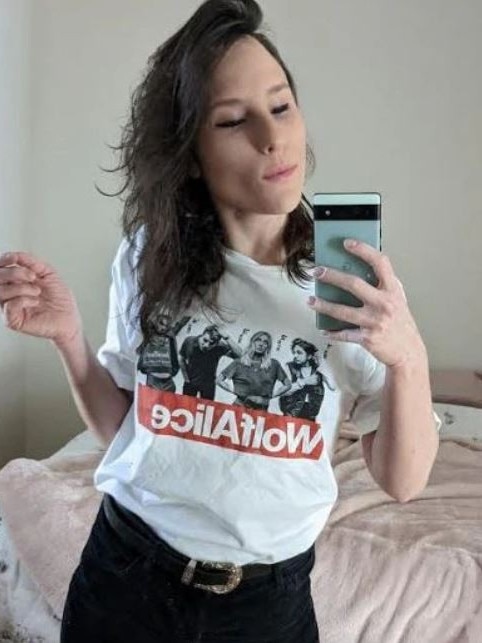
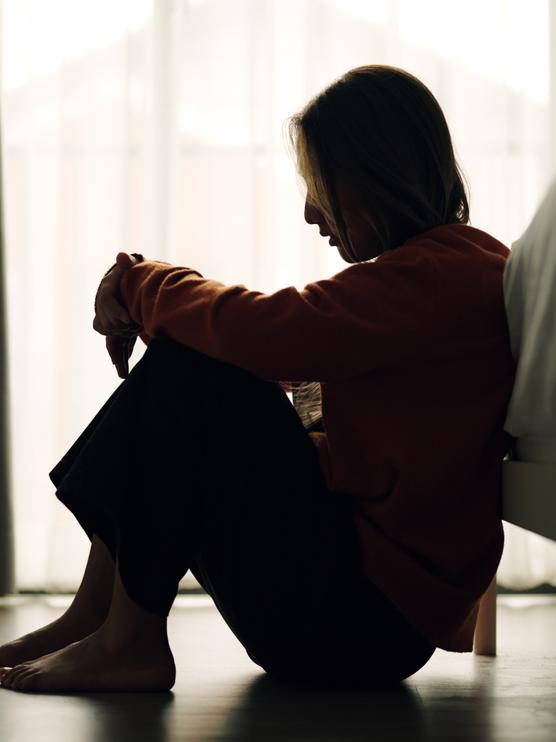
“Not everyone who has autism experiences trauma,” she said.
“There’s no direct link from autism to psychosexual therapy or pelvic floor physiotherapy for your vaginis… whatever”.
Shame swept over me.
“These are considered medical treatments,” she continued, “So they’re not covered by the NDIS but by Medicare.”
It took all my courage to point out that neither of these therapies are covered by Medicare.
Later, I found out that both psychosexual therapy and physiotherapy can be covered by the NDIS.
At the end of the call, the NDIS planner offered me access to a speech therapist and support worker, despite the fact I have no speech impediment and am comfortable going out alone.
As a disability scholar, I know why I’ve fallen through the cracks.
Like many services that aim to help autistic people, the NDIS is biased by years of male-centric diagnostic and treatment rhetoric.
This underlying current of medical misogyny fuels ignorance about how autism presents in girls and adult women, and therefore what “reasonable and necessary” supports might be.
In other words, because I’m autistic, I was offered speech therapy and a support worker, which I understand is common for autistic men.

But I’m an autistic woman, and I don’t need speech therapy.
I need physical and mental therapy so I can build my confidence and heal my traumatised body, so that relationships aren’t terrifying and so that sex isn’t painful.
And I’m not alone in struggling with romance and sex.
Research shows that autistic women often have poorer levels of overall sexual functioning, feel less well in sexual relationships than autistic men, and are also at greater risk of becoming a victim of sexual assault or abuse.
According to a recent study, 9 out of 10 autistic women have experienced sexual violence.
I am among them.
Despite statistics like these, support for autistic women is scarce and hard to access, even for so-called “high-functioning” autistic people like me.
Reflecting on my NDIS experience, I think “it shouldn’t be this hard”. But it is.
And it has real-life implications.

In a pub where the noise worsens my hearing impairment, I can’t properly hear the guy who approaches me to talk.
He eventually gives up and politely excuses himself, walking away.
I have a panic attack and leave.
On Facebook, I see old school peers post about their partners and children. On Instagram, I see one of my oldest friends announce her engagement.
“Congrats!!!” I comment, crying tears of envy.
At the gynaecologist, I fail a cervical exam in searing pain.
Alone, I remember lying in a man’s bed, paralysed with fear and the shame of my inexperience.
I wonder what a speech therapist would say.
Elena Filipczyk is an autistic writer and PhD candidate.
Originally published as ‘Why I’ve never had a boyfriend at 31’



